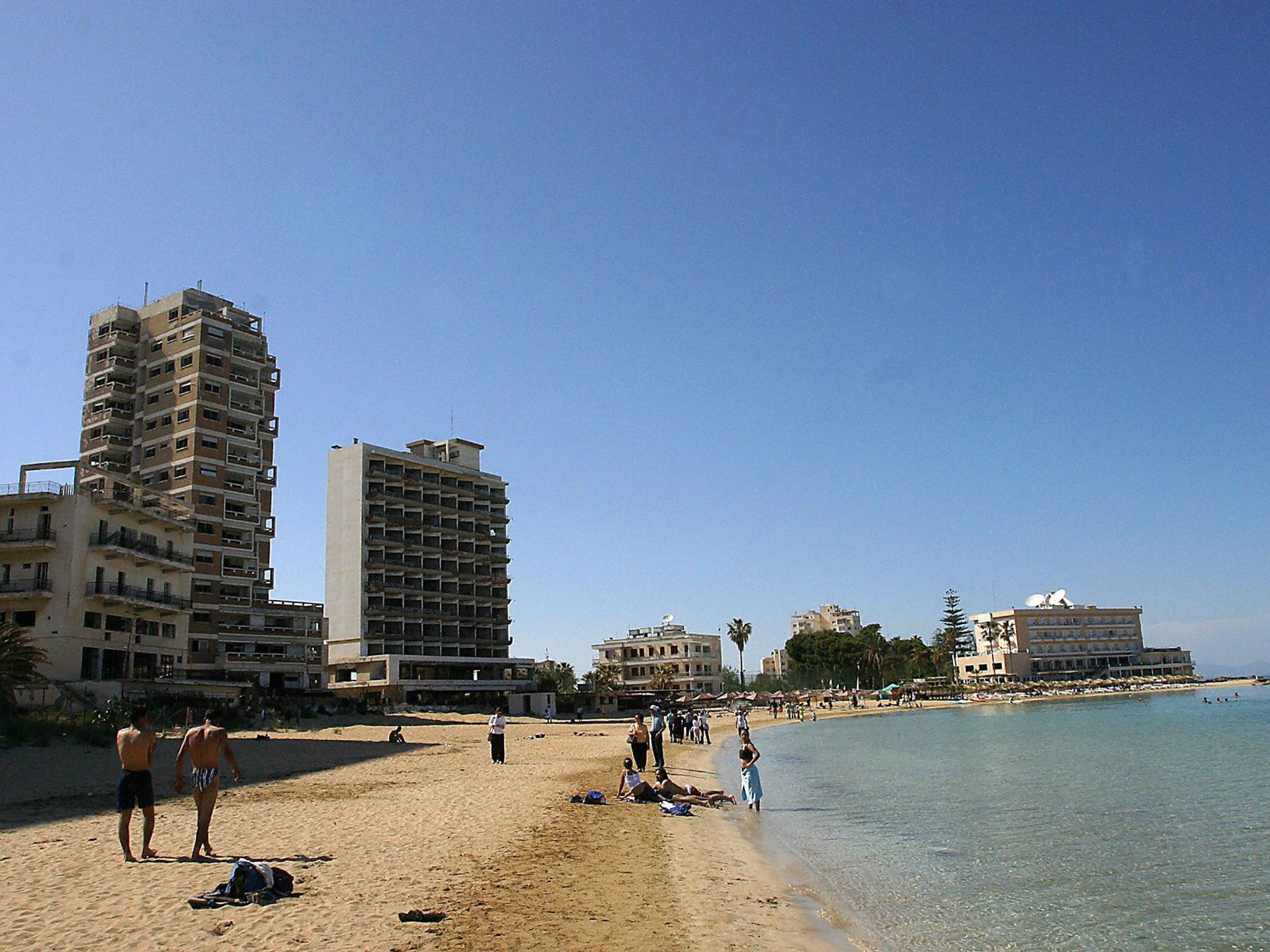Victoria Hislop, The Sunrise, book review: Plots are so strong that even the occasional cliche doesn’t jar too much
One of the best things about this novel is the way Hislop depicts the growing teamwork, love, respect, and trust which two families from opposing sides of a war manage to establish.

In 1972 Famagusta in Cyprus was a glamorous and commercially successful city with 40,000 inhabitants.
Tourists flocked to its upmarket hotels and beautiful beaches and most of the locals – both Greek and Turkish Cypriots – were amicably employed in tourism.
Then in 1974 the Turks invaded and Famugusta was abandoned, barbed-wired off, and left to rot exactly as it stood – and, 40 years later, that is still the situation.
In Hislop’s fifth novel, The Sunrise is the best hotel Famagusta has ever seen, owned, built and managed by ambitious Savvas Papacosta and his jewel-encrusted wife Aphroditi. Running the new night club is Markos Georgiou. The hotel hairdresser, who knows Aphroditi well, as hairdressers tend to, is Emine Özhan, who is a close friend of Markos’s mother.
Hislop’s choice of names makes the cultural differences clear, and neatly sets up the networks which operate between and among these three families. In 1974, the Papacostas, increasingly estranged from each other, flee to Nicosia, Aphroditi unwisely leaving her jewellery – their security for the future – in Markos’s charge.
The Özhan and Georgiou families remain, for a while, in Famagusta, hiding from the Turkish soldiers and taking food from abandoned shops. One of the best things about this novel is the way Hislop depicts the growing teamwork, love, respect, and trust which two families of opposite persuasions manage to establish.
They have, of course, far more in common than they don’t – which makes the whole devastating political situation (very clearly explained and shown by Hislop) seem even more pointless. Her characters are strong. We’ve all met the ruthless, self-obsessed, and ambitious wheelers and dealers. Those dehumanised soldiers who will stop at almost nothing are readily recognisable too.
But, happily, all that is offset by delights such as decent, brave Hüseyin Özhan who saves the day for both families. Then there’s the rather endearing Panikos, the Georgiou son-in-law, trying to pull his weight and protect his wife and children in an unthinkably terrifying situation. Hislop hasn’t of course been into Famagusta – no one may, even now – but has stood near the barbed wire and imagined what life was like there, then and now, with her usual gift for presenting bits of history most of us are unfamiliar with from a fictional point of view.
She pulled the same trick to excellent effect in The Island which taught us about 20th-century Mediterranean attitudes to leprosy and quarantine. It’s an effective formula and her plots are so strong that the occasional cliché doesn’t jar too much.
The Sunrise, By Victoria Hislop (Headline Review £19.99)
Join our commenting forum
Join thought-provoking conversations, follow other Independent readers and see their replies
Comments